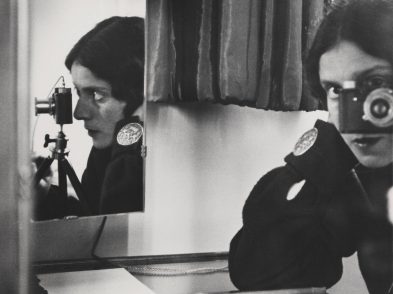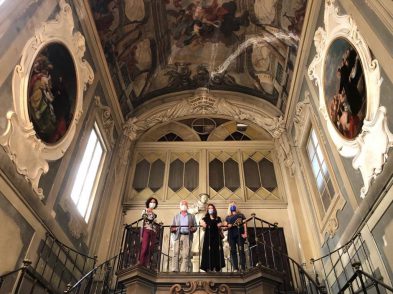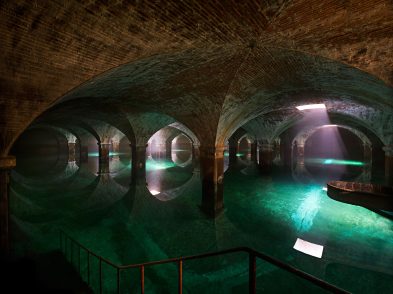I think I have a rare language disease. My symptoms most often show themselves at fancy dinner parties where everyone is wearing black. Somehow, understated elegance brings out all of my quirky linguistic hang-ups. At the very first lull in conversation, I find myself proposing language games and organising people into teams based on the colours of their drinks. I drink Crodino ginger ale and usually lead the red team. Italians are generally not big ‘game-people’, but if they are shocked enough they will obey almost any instructions.
The night’s word game changes according to my current language obsession. At my last soirée, ‘fun was had’ when I forced guests to speak in the passive voice for forty-five minutes. Usually, the delirium doesn’t need to last so long. I can worry for three weeks about an Italian grammar point and finally get it out of my system in just fifteen minutes of good solid play. This month, I’ve been particularly preoccupied with the verb fare.
Fare is the Italian form of ‘to make’, and once you know how to conjugate it, there’s almost no use studying the other verbs on your list. As far as I can see, it is the king of all Italian verbs. Sovereign in almost every scenario, the sun never sets on fare. It has dibs on every mortal activity. On a given day, Italians ‘make a letter’ rather than write it, ‘make a job’ rather than do it, and ‘make questions’ instead of asking them. Similarly, they ‘make a stroll’ in the piazza when it’s sunny and ‘make a round’ in the car when it rains. Pesky verbs like walking and driving are seldom involved in such leisure.
Of course, it’s fair to say that both Italian and English speakers use ‘make’ quite liberally. In both languages people make love, requests, noise and proposals. It is also common for them to make beds, hot tea and offers one can’t refuse. Similarities of expression undoubtedly exist. But bear in mind that English speakers make friends while Italians are prone to fare amicizia, make friendship. And to make breakfast in English means you are frying eggs, whereas fare colazione means you’re eating them. Although most mornings, Italians feel aversion to anything sunny-side up, the point is that fare is everywhere.
Their loyalty to the verb goes beyond the call of duty. Italians ‘make tricks’ and English speakers only play them. Italians ‘make a swim in the sea and a bath in the tub’, while English speakers have or take one. Italians ‘make a party’, and English speakers throw one. Italians ‘make a good game’, and English speakers generally play one. When people fare discussione (‘make discussion’) in Italy, it means they are arguing. Women get dolled up and ‘make their hair’. Men ‘make their beards’ when they shave. And both sexes inevitably hope that all the fuss will help them fare bella figura (‘make a good figure’) because everyone knows that in Italy, the desire to make a great impression is second only to the need to fill one’s lungs with air. If, however, you are unlucky enough to fare brutta figura, your real friends will insist you shouldn’t fare lo stupido. Not that there’s anything wrong with stupidity for stupidity’s sake. By Italian standards, only prolonged stupidity is truly worrisome, since it will eventually fare pena, or ‘make pity’.
In the staff room yesterday I asked my colleague Beatrice why Italians use fare so much. She teaches Italian and knows the reasons behind these things. Bea thought a minute and smiled, ‘Linda, look around, Italians like to make things’. If she hadn’t been carrying four volumes of Italian grammar, I would have hugged her. I’ve never known an Italian explain something in so few words before. Italians like to make things, and that is the end of that.
Or almost. In reality, Beatrice’s comment has kept me up half the night thinking about all the things Italians like to make. There are, of course, the obvious things like frescoes, cathedrals and leaning towers. Then there’s the Italian facility for making things like fashion, food and high quality craftsmanship. In daily life, their fondness for fare makes for quick discourse, frequent compliments and sweet promises. Italians are also famous for their ability to make-do and infamous for making things work even if it means bending the rules a bit. In Italy bending the rules is never a bad idea. Fare is, after all, an irregular verb.







